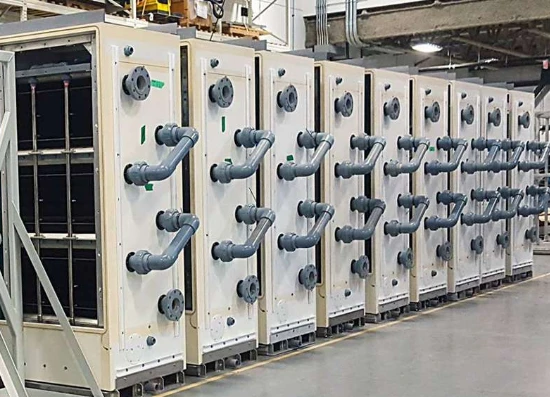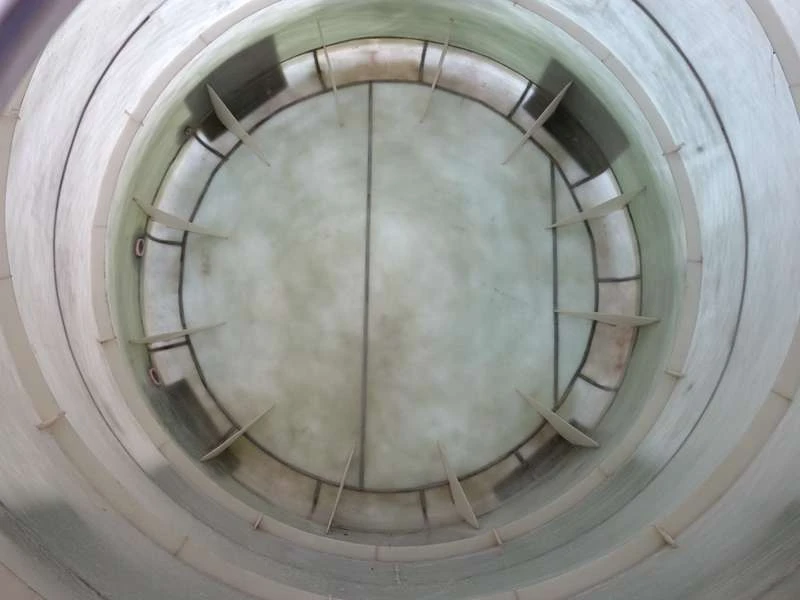
-
 Afrikaans
Afrikaans -
 Albanian
Albanian -
 Amharic
Amharic -
 Arabic
Arabic -
 Armenian
Armenian -
 Azerbaijani
Azerbaijani -
 Basque
Basque -
 Belarusian
Belarusian -
 Bengali
Bengali -
 Bosnian
Bosnian -
 Bulgarian
Bulgarian -
 Catalan
Catalan -
 Cebuano
Cebuano -
 China
China -
 China (Taiwan)
China (Taiwan) -
 Corsican
Corsican -
 Croatian
Croatian -
 Czech
Czech -
 Danish
Danish -
 Dutch
Dutch -
 English
English -
 Esperanto
Esperanto -
 Estonian
Estonian -
 Finnish
Finnish -
 French
French -
 Frisian
Frisian -
 Galician
Galician -
 Georgian
Georgian -
 German
German -
 Greek
Greek -
 Gujarati
Gujarati -
 Haitian Creole
Haitian Creole -
 hausa
hausa -
 hawaiian
hawaiian -
 Hebrew
Hebrew -
 Hindi
Hindi -
 Miao
Miao -
 Hungarian
Hungarian -
 Icelandic
Icelandic -
 igbo
igbo -
 Indonesian
Indonesian -
 irish
irish -
 Italian
Italian -
 Japanese
Japanese -
 Javanese
Javanese -
 Kannada
Kannada -
 kazakh
kazakh -
 Khmer
Khmer -
 Rwandese
Rwandese -
 Korean
Korean -
 Kurdish
Kurdish -
 Kyrgyz
Kyrgyz -
 Lao
Lao -
 Latin
Latin -
 Latvian
Latvian -
 Lithuanian
Lithuanian -
 Luxembourgish
Luxembourgish -
 Macedonian
Macedonian -
 Malgashi
Malgashi -
 Malay
Malay -
 Malayalam
Malayalam -
 Maltese
Maltese -
 Maori
Maori -
 Marathi
Marathi -
 Mongolian
Mongolian -
 Myanmar
Myanmar -
 Nepali
Nepali -
 Norwegian
Norwegian -
 Norwegian
Norwegian -
 Occitan
Occitan -
 Pashto
Pashto -
 Persian
Persian -
 Polish
Polish -
 Portuguese
Portuguese -
 Punjabi
Punjabi -
 Romanian
Romanian -
 Russian
Russian -
 Samoan
Samoan -
 Scottish Gaelic
Scottish Gaelic -
 Serbian
Serbian -
 Sesotho
Sesotho -
 Shona
Shona -
 Sindhi
Sindhi -
 Sinhala
Sinhala -
 Slovak
Slovak -
 Slovenian
Slovenian -
 Somali
Somali -
 Spanish
Spanish -
 Sundanese
Sundanese -
 Swahili
Swahili -
 Swedish
Swedish -
 Tagalog
Tagalog -
 Tajik
Tajik -
 Tamil
Tamil -
 Tatar
Tatar -
 Telugu
Telugu -
 Thai
Thai -
 Turkish
Turkish -
 Turkmen
Turkmen -
 Ukrainian
Ukrainian -
 Urdu
Urdu -
 Uighur
Uighur -
 Uzbek
Uzbek -
 Vietnamese
Vietnamese -
 Welsh
Welsh -
 Bantu
Bantu -
 Yiddish
Yiddish -
 Yoruba
Yoruba -
 Zulu
Zulu
Mar . 06, 2025 11:06
Back to list
frp products for thermal and nuclear power
Fiber Reinforced Polymer (FRP) products have risen dramatically in their application within the thermal and nuclear power industries. The exceptional properties of these materials make them indispensable in environments where strength, durability, and resistance to both corrosion and extreme temperatures are non-negotiable. This article delves into the unique advantages and applications of FRP products in these sectors, painting a comprehensive picture of their critical role.
Moreover, the flexibility and adaptability of FRP allow for custom solutions tailored to the unique demands of each installation. This capability ensures that power plants can optimize their designs and operations to achieve maximum efficiency and safety. Customization of FRP products leads to improved integration within existing systems, reducing the need for extensive modifications or replacements, which could otherwise result in costly downtimes. From an expertise standpoint, the manufacturing process of FRP itself boasts significant advancements, aligning with high production standards ensuring the reliability of these materials. Precision engineering and innovative composite technology have led to the development of industry-specific FRP solutions that meet and often exceed regulatory requirements, providing an authoritative seal of quality and trust. In terms of trustworthiness, FRP products have been well-documented in numerous case studies and real-world applications, illustrating their success across various projects around the globe. Power companies continue to endorse FRP solutions due to their sustainability benefits, as these products often contribute to energy savings and reduced carbon footprints. In conclusion, FRP products have indisputably become an essential component of modern thermal and nuclear power facilities. Their superior attributes empower these industries to overcome operational challenges while adhering to stringent safety and efficiency standards. As the demand for more resilient and economically viable solutions grows, the role of FRP materials in power applications will undoubtedly expand, solidifying their status as a critical asset for future energy production strategies. Through continuous innovations and endorsements by industry leaders, FRP continues to stand out as a trustworthy and expert choice in performance-critical environments.


Moreover, the flexibility and adaptability of FRP allow for custom solutions tailored to the unique demands of each installation. This capability ensures that power plants can optimize their designs and operations to achieve maximum efficiency and safety. Customization of FRP products leads to improved integration within existing systems, reducing the need for extensive modifications or replacements, which could otherwise result in costly downtimes. From an expertise standpoint, the manufacturing process of FRP itself boasts significant advancements, aligning with high production standards ensuring the reliability of these materials. Precision engineering and innovative composite technology have led to the development of industry-specific FRP solutions that meet and often exceed regulatory requirements, providing an authoritative seal of quality and trust. In terms of trustworthiness, FRP products have been well-documented in numerous case studies and real-world applications, illustrating their success across various projects around the globe. Power companies continue to endorse FRP solutions due to their sustainability benefits, as these products often contribute to energy savings and reduced carbon footprints. In conclusion, FRP products have indisputably become an essential component of modern thermal and nuclear power facilities. Their superior attributes empower these industries to overcome operational challenges while adhering to stringent safety and efficiency standards. As the demand for more resilient and economically viable solutions grows, the role of FRP materials in power applications will undoubtedly expand, solidifying their status as a critical asset for future energy production strategies. Through continuous innovations and endorsements by industry leaders, FRP continues to stand out as a trustworthy and expert choice in performance-critical environments.
Related Products
Latest news
-
Fiberglass 90 Degree Elbow for Custom Tanks & High Pressure Pipes Durable and Corrosion ResistantNewsJun.24,2025
-
Exploring the Benefits of Top Hammer Drifter Rods for Enhanced Drilling PerformanceNewsJun.10,2025
-
High-Precision Fiberglass Winding Machine for GRP/FRP Pipe Production – Reliable & Efficient SolutionsNewsJun.10,2025
-
FRP Pipes & Fittings for Shipbuilding - Corrosion-Resistant & LightweightNewsJun.09,2025
-
Premium FRP Flooring Solutions Durable & Slip-ResistantNewsJun.09,2025
-
Premium Fiberglass Rectangular Tanks Durable & Lightweight SolutionNewsJun.09,2025









